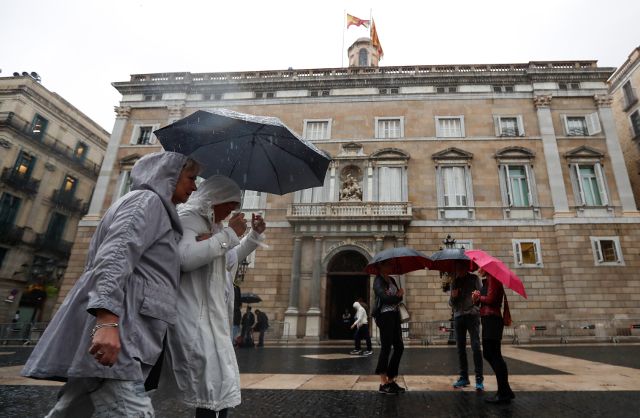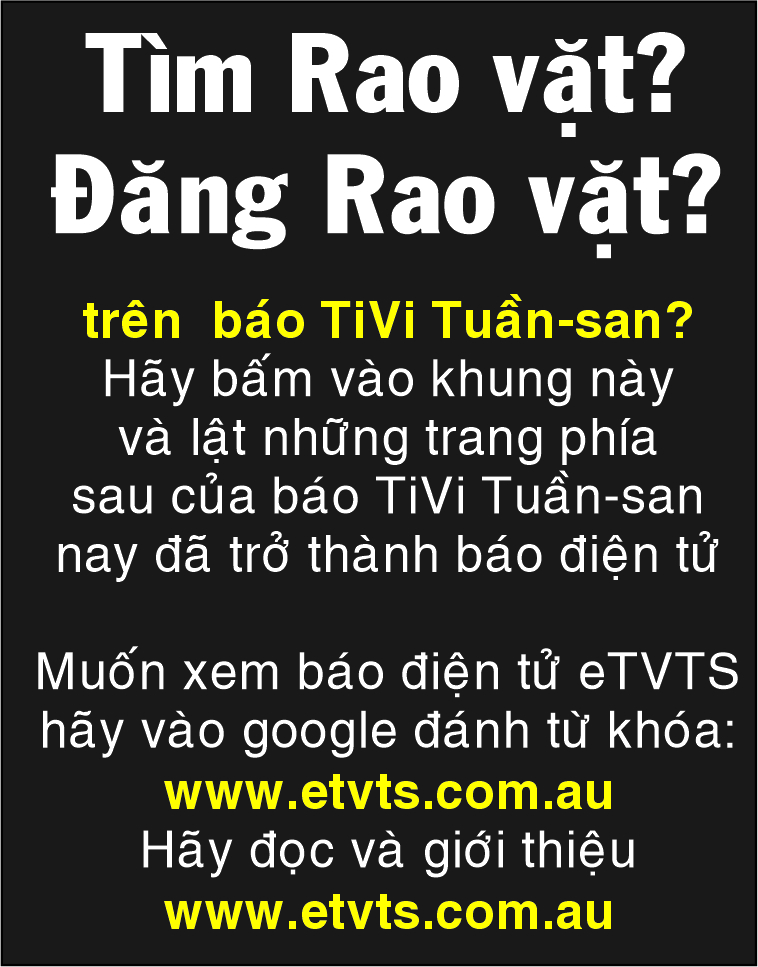Spain to suspend Catalonia’s autonomy in response to independence threat
 An employee looks at Spanish flags in a machine at a factory in Colmenar Viejo, Spain, October 17, 2017. (Photo: Reuters)
An employee looks at Spanish flags in a machine at a factory in Colmenar Viejo, Spain, October 17, 2017. (Photo: Reuters) Spain’s central government has said it would suspend Catalonia’s autonomy and impose direct rule after the region’s leader threatened to go ahead with a formal declaration of independence if Madrid refused to hold talks.
In a move unprecedented since Spain returned to democracy in the late 1970s, Prime Minister Mariano Rajoy said he would hold a special cabinet meeting on Saturday that could trigger the move. The Socialist opposition said it backed the government but suggested the measures should be limited in scope and time.
Catalan president Carles Puigdemont, ignoring a 10 am deadline to drop his secession campaign, wrote a letter to Rajoy threatening a formal declaration of independence.
The war of words increased uncertainty over a standoff that has raised fears of social unrest, cut growth prospects for the euro zone’s fourth-largest economy and rattled the euro.
“If the government continues to impede dialogue and continues with the repression, the Catalan parliament could proceed, if it is considered opportune, to vote on a formal declaration of independence,” Puigdemont said.
Catalonia, which has a distinctive culture and language, triggered Spain’s biggest political crisis for decades with a secession bid it put to a referendum on October 1. Only 43 percent of voters participated but those who did voted overwhelmingly to secede, while opponents of secession mostly stayed home.

People hold umbrellas in front of the regional government headquarters the Generalitat, after the final ten o’clock deadline set by Spain’s government for Catalan President Carles Puigdemont to retract an ambiguous declaration of independence, in Barcelona, Spain, October 19, 2017. (Photo: Reuters)
Spanish courts have ruled the referendum illegal, but Puigdemont says the result is binding and must be obeyed.
The regional authorities have not made clear how and when a declaration of independence would take place and whether it would be endorsed by the regional assembly. Some pro-independence lawmakers have said they want to hold a vote in the Catalan parliament to lend it a more solemn character.
Rajoy plans to invoke Article 155 of the 1978 constitution, which allows him to take control of a region if it breaks the law.
A senior government source said the exact measures would be agreed on Saturday and probably voted through the upper house Senate on Oct. 30, giving the secessionists a few days of leeway to respond before Madrid takes control.
The regional authorities could use that time to split unilaterally, call elections in the hope of strengthening their mandate, or back down, although this is seen as highly unlikely.
“From the moment the measures are known, the regional government knows what’s going to happen and has a period of time to act until 155 can be acted upon,” the source said.
Spanish stocks, bonds and the euro all suffered in early trade, but recovered, a bounce some strategists attributed to a sense that Madrid had the upper hand in the standoff.
Reuters


